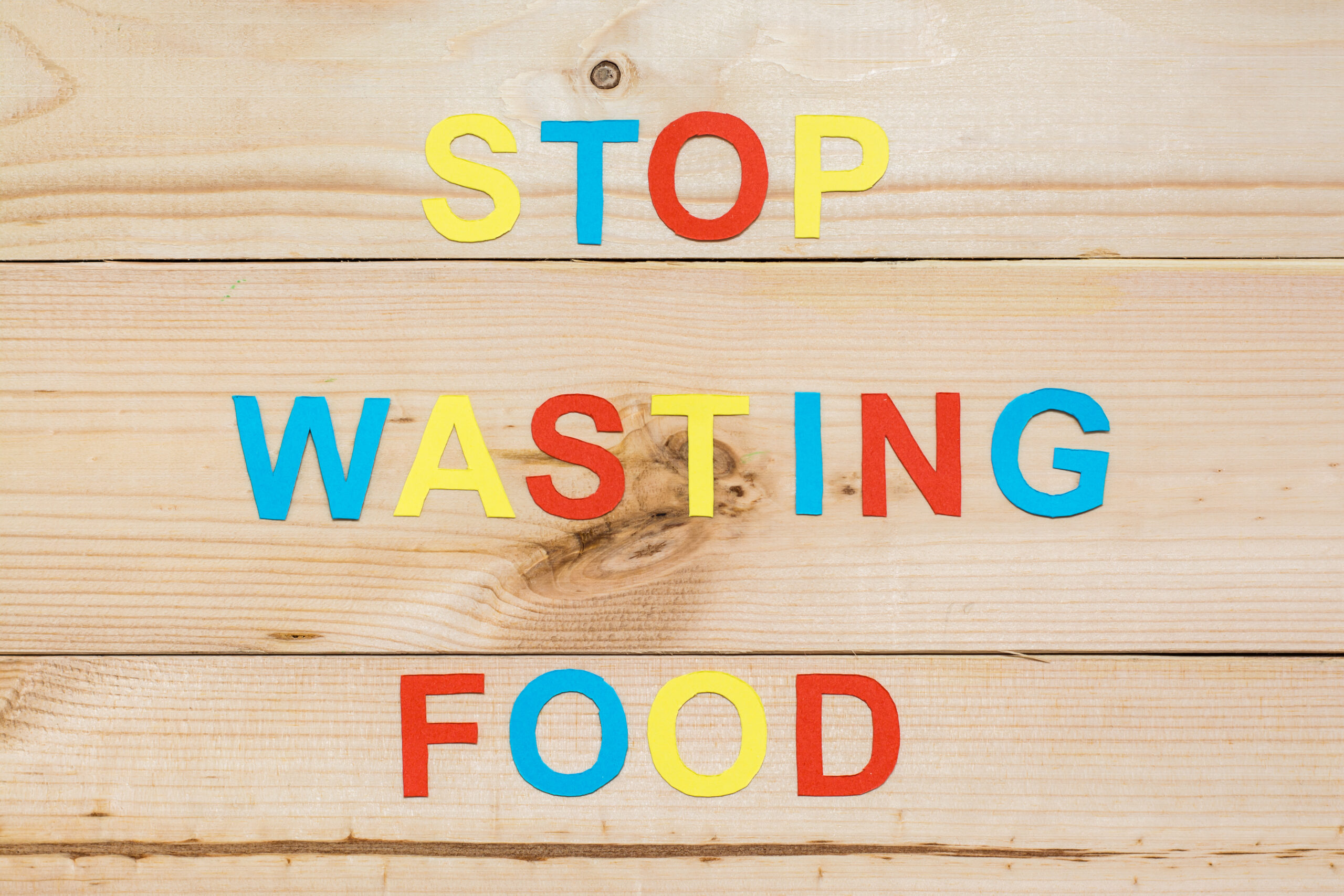Distributing giant Sysco filed a lawsuit last week against major US pork producers JBS, Tyson Foods, Hormel Foods and Smithfield Foods, among others, alleging a collaborative price-fixing scheme. Sysco’s antitrust complaint accused the group of pork producers of artificially driving up prices, which resulted in business losses, since as far back as 2009.
The complaint said, according to Bloomberg Law, that “exchanges of ‘detailed, competitively sensitive and closely guarded nonpublic’ data about ‘capacity, sales, volume, and demand,’ including the ‘profits, prices, costs, and production levels’ of specific companies, are a ‘classic’ way to implement and enforce ‘a price-fixing scheme.’”
The companies didn’t immediately respond to Xtalks’ request for comment.
Along with the pork producers, Sysco’s price-fixing lawsuit also targeted market data firm Agri Stats. It alleged that the pork producers exchanged price data, production levels and other sensitive information with Agri Stats. The lawsuit claims Agri Stats ensured that this detailed information was only available to pork producers and not to public purchasers like Sysco. The company is seeking damages and a trial by jury.
Related: Tyson Foods, Hormel and Smithfield Sued for Allegedly Fixing Pork Prices
There are several factors, the lawsuit said, that kept the US pork industry fairly non-competitive. These include:
- Vertically-integrated operations
- High barriers to entry limit competitors attempting to enter the market
- Consolidation and concentration
- Inflexible supply and demand
- The similarity of pork products
The companies targeted by the price-fixing lawsuit control about 80 percent of the US wholesale pork sector. Sysco noted that in 2016, pork sales in the US totaled $18.9 billion. That same year, Tyson sold $4.9 billion and Smithfield recorded pork sales of $8.7 billion. Since these companies controlled a sizeable portion of the market, they had the ability to raise and stabilize margins.
This isn’t the first time the meat industry has come under fire for price-fixing. In October 2020, JBS agreed to pay $24.5 million to settle accusations of price-fixing. Meanwhile, Tyson settled a lawsuit for $221 million and JBS-owned Pilgrim’s Pride was fined $108 million after a guilty plea. This also isn’t the first time Sysco has been involved. In 2018, it filed a lawsuit against several chicken producers for allegedly fixing prices for broiler chickens.
Other sectors of the food and beverage industry are no stranger to price-fixing allegations and lawsuits, especially sectors that are controlled by a few large players. In 2018, it had been revealed that seven Canadian bread companies had inflated the price of bread for over 15 years. This led to several retailers sending customers gift cards to end the class action lawsuit.
Tuna has also witnessed a price-fixing scandal. In 2017, Bumble Bee Foods pleaded guilty to its role in price-fixing shelf-stable tuna and paid a $25 million criminal fine. The company’s president and CEO was convicted and Bumble Bee would later declare Chapter 11 bankruptcy, citing the debt it incurred as a result of the lawsuits.
Other cases during the past decade have involved US potato processors, chicken processors and dairy producers. And while each price-fixing scandal may be isolated, they are all consequences of poor leadership or lack of internal control. Despite their best efforts, companies that attempt to cheat the marketplace by price-fixing generally face the consequences in the form of fines, damages and in some cases, jail time.












Join or login to leave a comment
JOIN LOGIN